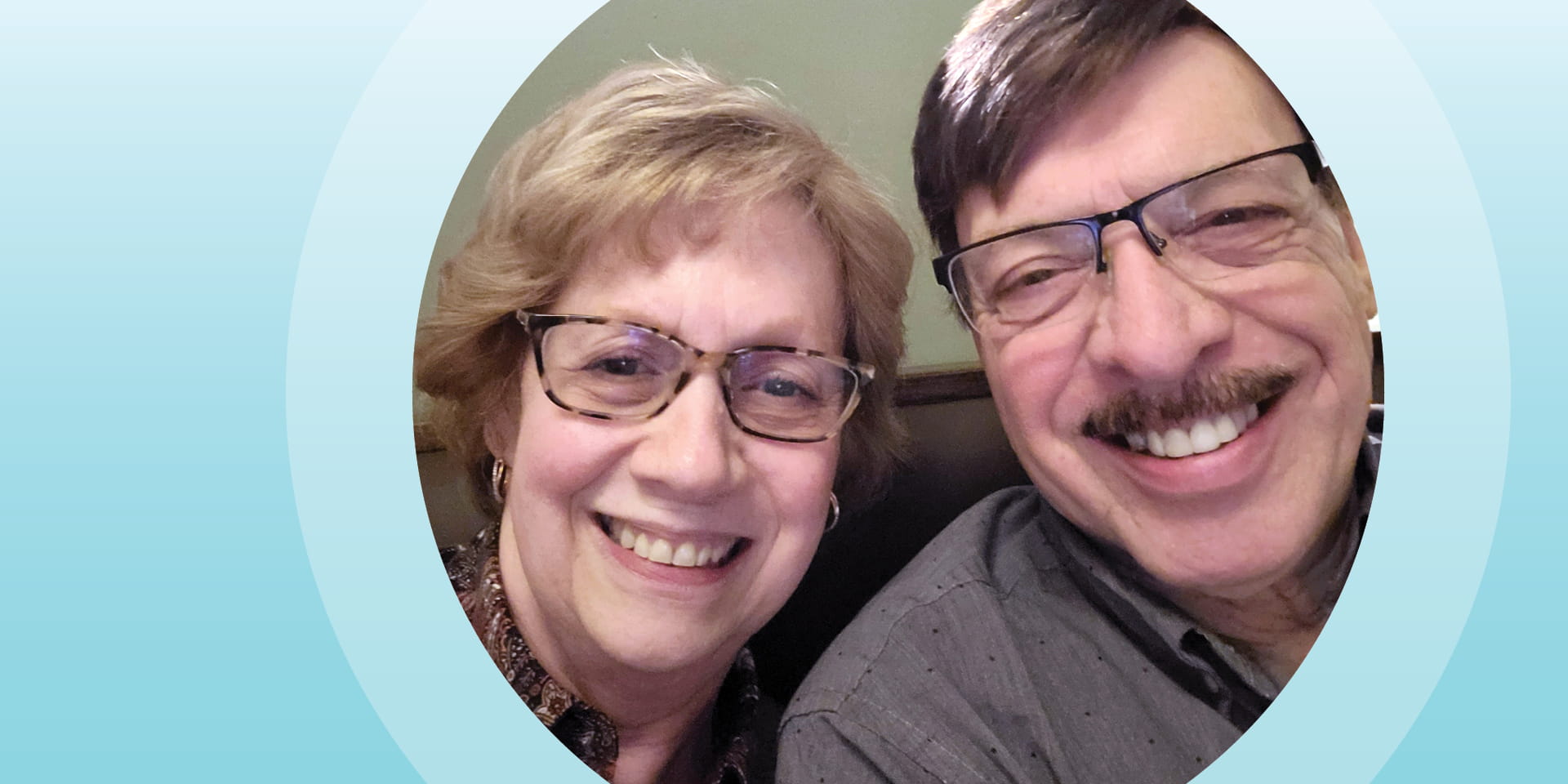Palliative Care
Our Palliative Care team is committed to helping you and your family when you have serious illness. We work along with your primary care physician and other specialists to provide a person- and family-centered approach that attends to your physical, functional, social and psychological needs. As a result, we provide an additional layer of healthcare support for you and your family.



